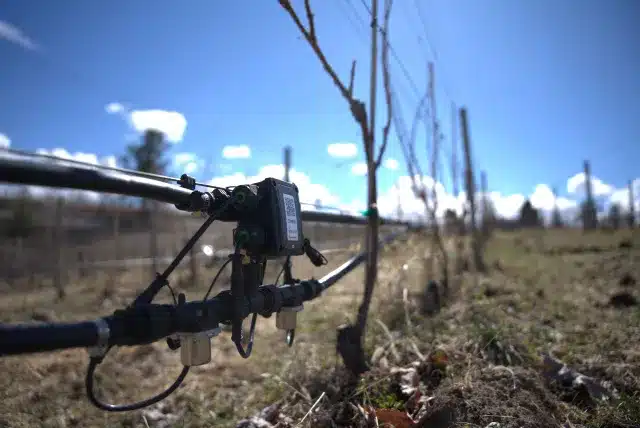Key Takeaways
- UC ANR Innovate has been awarded $15.1 million to establish California’s first coordinated agricultural innovation network.
- The network will connect nine food-producing regions to accelerate technology adoption, support entrepreneurs, and strengthen the workforce.
- The award is part of $28.6 million in Jobs First funding for California’s agricultural sector, led by UC ANR as the statewide agricultural innovation cluster.
- The initiative includes a statewide hub, entrepreneur support programs, and targeted workforce investments.
- Expected outcomes include support for 200 ag tech startups, training for 1,500 individuals, and the creation of over 2,000 jobs within five years.
UC ANR to Lead Statewide Ag Innovation Effort
UC ANR Innovate, the innovation program of University of California Agriculture and Natural Resources, has received $15.1 million in state funding to launch California’s first coordinated agricultural innovation network. The funding, provided through California Jobs First and the Governor’s Office of Business and Economic Development (GO-Biz), represents the largest award made to date under the California Jobs First Regional Investment Initiative.
The initiative aims to connect researchers, entrepreneurs, and farmworkers across California’s diverse agricultural regions, ensuring that innovations can be developed and scaled more quickly statewide.
Objectives of the Agricultural Innovation Network
The program will create a Statewide Network and Investment Hub to align priorities across nine regions, coordinate annual convenings, deploy $2 million in innovation grants, and connect startups with investors. It will also launch Entrepreneur Support Programs to help early-stage innovators refine technologies and assist market-ready companies with field validation and feedback.
A third component, Workforce Investments, will prepare students and workers with skills in robotics, automation, drone technology, and data science, supporting the adoption of new agricultural tools.
Stakeholder Perspectives
Gabriel Youtsey, chief innovation officer at UC ANR, said: “This award allows us to do something California has never done before: build a single, statewide engine for agricultural innovation. We will be able to seamlessly connect researchers, entrepreneurs, farmworkers and industry across major farming regions, moving ideas from the lab to the field faster than ever.”
Glenda Humiston, UC vice president of agriculture and natural resources, added: “Our Cooperative Extension advisors know which technologies actually work in the field, which innovations farmers need most, and how to bridge the gap between research and reality. This funding transforms our local expertise into statewide impact.”
Addressing Challenges in California Agriculture
California’s $59 billion farm economy faces challenges from climate change, pests, and workforce shortages. Adoption of new technologies has been slow, in part due to fragmented efforts and limited opportunities for field testing. The initiative seeks to close this gap by providing coordinated infrastructure to validate and scale solutions across the state.
Dee Dee Myers, senior advisor to Governor Newsom and GO-Biz director, noted that the program will help position California “at the forefront of the agricultural technology revolution.” Karen Ross, California’s agriculture secretary, emphasized its importance in ensuring the state remains competitive globally.
Expected Impact and Next Steps For UC ANR
Over the next five years, UC ANR projects that the initiative will support 200 startups, create more than 2,000 jobs, and provide training for over 1,500 individuals. The program also aims to strengthen California’s role in the global agricultural technology market.
The coalition supporting the effort includes the California Department of Food and Agriculture, Western Growers Association, California Farmworker Foundation, Agricultural Council of California, UC Santa Cruz, and other regional partners. Implementation begins in late 2025, with innovation cohorts and demonstrations planned for 2026.


